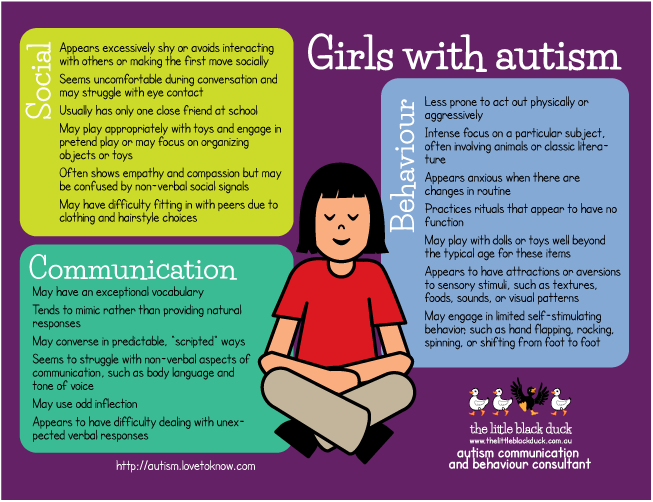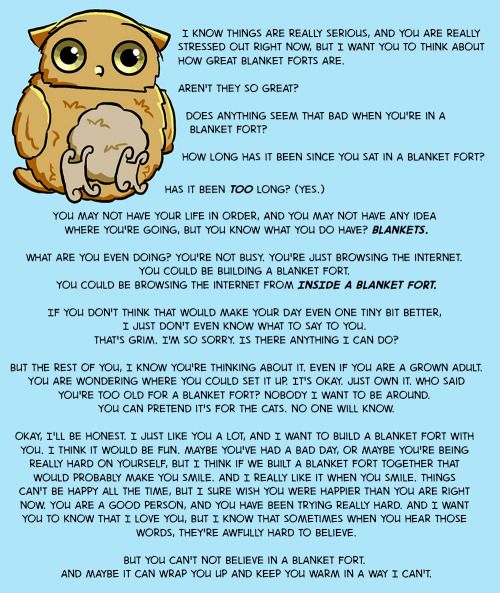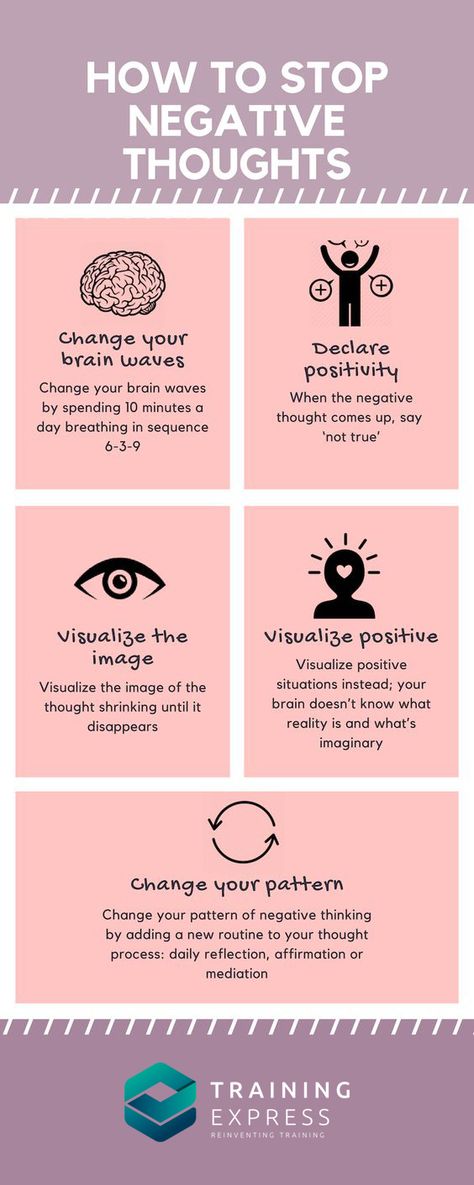Test your mental illness
Take a Mental Health Test
Online screening is one of the quickest and easiest ways to determine whether you are experiencing symptoms of a mental health condition.
Mental health conditions, such as depression or anxiety, are real, common and treatable. And recovery is possible.
Depression Test The Depression Test is for individuals who are feeling overwhelming sadness. The depression test is also available in Spanish.
Take Depression Test
Postpartum Depression Test (New & Expecting Parents) This test is for new and expecting parents who began feeling overwhelming sadness during pregnancy or after their child's birth.
Take Postpartum Depression Test (New & Expecting Parents)
Anxiety Test The Anxiety Test is for people who feel that worry and fear are affecting their ability to function day-to-day. The anxiety test is also available in Spanish.
Take Anxiety Test
Psychosis Test The Psychosis Test is for people who feel like their brain is playing tricks on them (seeing, hearing or believing things that don't seem real or quite right).
Take Psychosis Test
Bipolar Test The Bipolar Test is for people experiencing mood swings—unusual or extreme shifts in mood and energy.
Take Bipolar Test
Eating Disorder Test The Eating Disorder Test can help explore eating related concerns that have an impact on your physical health and overall well-being.
Take Eating Disorder Test
PTSD Test The PTSD (Post-Traumatic Stress Disorder) Test is for those who are experiencing ongoing distress after a traumatic life event.
Take PTSD Test
Parent Test: Your Child’s Mental Health The Parent Test helps parents determine if their child’s emotions, attention, or behaviors might be a mental health concern.
Take Parent Test: Your Child’s Mental Health
Youth Mental Health Test The Youth Test is for young people (age 11-17) who are concerned that their emotions, attention, or behaviors might be signs of a problem.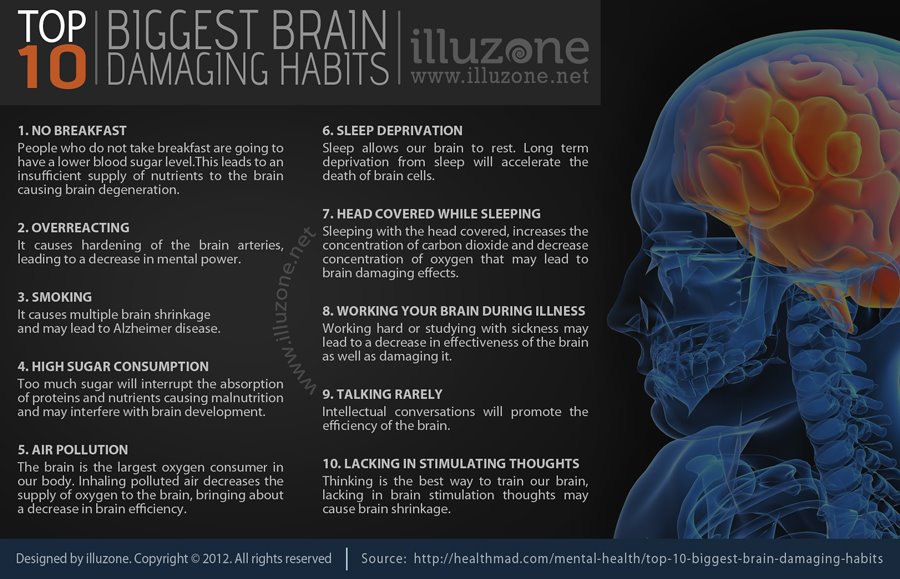
Take Youth Mental Health Test
ADHD Test The ADHD Test is for people (both youth and adults) who have trouble focusing, remembering things, completing tasks, and/or sitting still.
Take ADHD Test
Addiction Test The Addiction Test is for people who are concerned about their use of alcohol or drugs.
Take Addiction Test
Test de depresión El test de depresión es para los individuales que sienten una tristeza abrumadora. También está disponible en inglés.
Tome el Test de depresión
Test de ansiedad El test de ansiedad es para las personas que sienten que la preocupación y el temor afectan su vida cotidiana. También está disponible en inglés.
Tome el Test de ansiedad
Self-Injury Survey The Self-Injury Survey is for people who have hurt themselves on purpose without wanting to die.
Take Self-Injury Survey
Connection and Well-Being Survey The Connectedness and Well-Being Survey is a chance to reflect on how your connections to nature, spirituality, and other people affect your mental health. Your answers also help us develop better mental health supports for people like you!
Your answers also help us develop better mental health supports for people like you!
Take Connection and Well-Being Survey
After your mental health test, you will see information, resources, and tools to help you understand and improve your mental health.
How can online mental health testing help me?
What do my mental health test results mean?
Please note: Online screening tools are meant to be a quick snapshot of your mental health. If your results indicate you may be experiencing symptoms of a mental illness, consider sharing your results with someone. A mental health provider (such as a doctor or a therapist) can give you a full assessment and talk to you about options for how to feel better.
This website is an informational resource. We are not a crisis support line. If you need immediate help, you can reach the Suicide & Crisis Lifeline by calling or texting 988 or using the chat box at 988lifeline.org/chat. You can also text “MHA” to 741-741 to reach the Crisis Text Line. Warmlines are an excellent place for non-crisis support.
You can also text “MHA” to 741-741 to reach the Crisis Text Line. Warmlines are an excellent place for non-crisis support.
For all other screening-related questions and non-emergency support, please use MHA’s Contact Us form.
Mental Health America Inc., sponsors, partners, and advertisers disclaim any liability, loss, or risk incurred as a consequence, directly or indirectly, of the use and application of these screens.
Work Health Survey
This is a not a mental health screening but a survey meant to help us identify strategies to help companies do better. The survey is updated annually.
Take the work health Survey
MHA Screening is made possible through the generous contributions of individuals and organizations that share our vision of mental health for all. This program is supported, in part, through philanthropic contributions from Abbvie, Alkermes, The Anthem Foundation, The Faas Foundation, Janssen, Neurocrine Biosciences, The NFL Foundation, Sage Therapeutics, Takeda Lundbeck Alliance, and Teva.
Bulimia Test... A Quiz to Assess Bulimia Symptoms
Eating Disorders
Complete this test to get an assessment on the probability that you or someone you care about is displaying signs of bulimia. All answers supplied here are anonymous
Medical ReviewerSophie Abber, MS
Who Is This Bulimia Quiz For?
Could you or someone you love be suffering from bulimia?
Below is a list of questions that relate to life experiences common among people who have been diagnosed with bulimia nervosa. Please read each question carefully, and indicate how often you have experienced the same or similar challenges in the past few months.
If you are taking the quiz for someone else you should provide answers you think they'd supply. Ideally you'll have the loved one complete the test themselves and take the results to a doctor or licensed professional.
This quiz is NOT a diagnostic tool.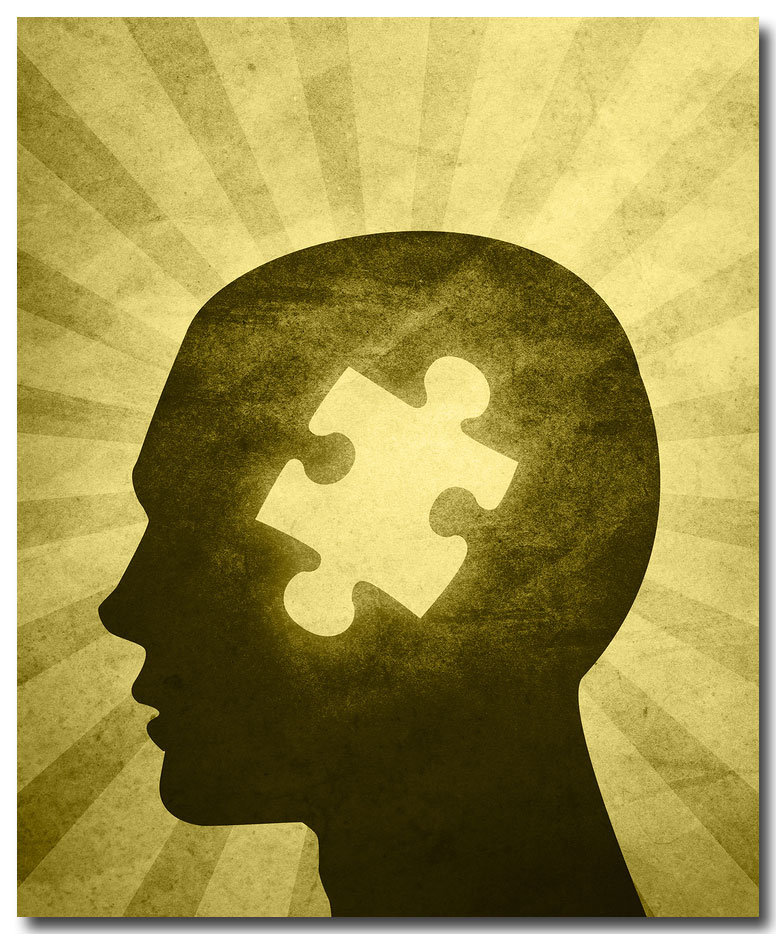 Mental health disorders can only be diagnosed by a licensed mental health provider or doctor. But Psycom believes assessments can be a valuable first step toward getting treatment.
Mental health disorders can only be diagnosed by a licensed mental health provider or doctor. But Psycom believes assessments can be a valuable first step toward getting treatment.
Your privacy is important to us. All results are completely anonymous.
Alchemer is a flexible survey software tool built to handle all your unique needs. Please take my survey now
Bulimia FAQs
What are the symptoms of bulimia?
A person with bulimia eats excessive amounts of food and then purges their body of the food. They may do this by vomiting the food they just ate, by exercising, or by using laxatives, enemas, or diuretics. Often, the person eats and purges in secrecy. They may feel a lack of control as they binge-eat, and then are relieved of negative emotions once their stomachs are empty again. This condition has many symptoms.1
Both physical and emotional symptoms occur with bulimia. Among the physical symptoms are irregular menstrual periods, weakness, exhaustion, sore throat, bloodshot eyes, and heartburn.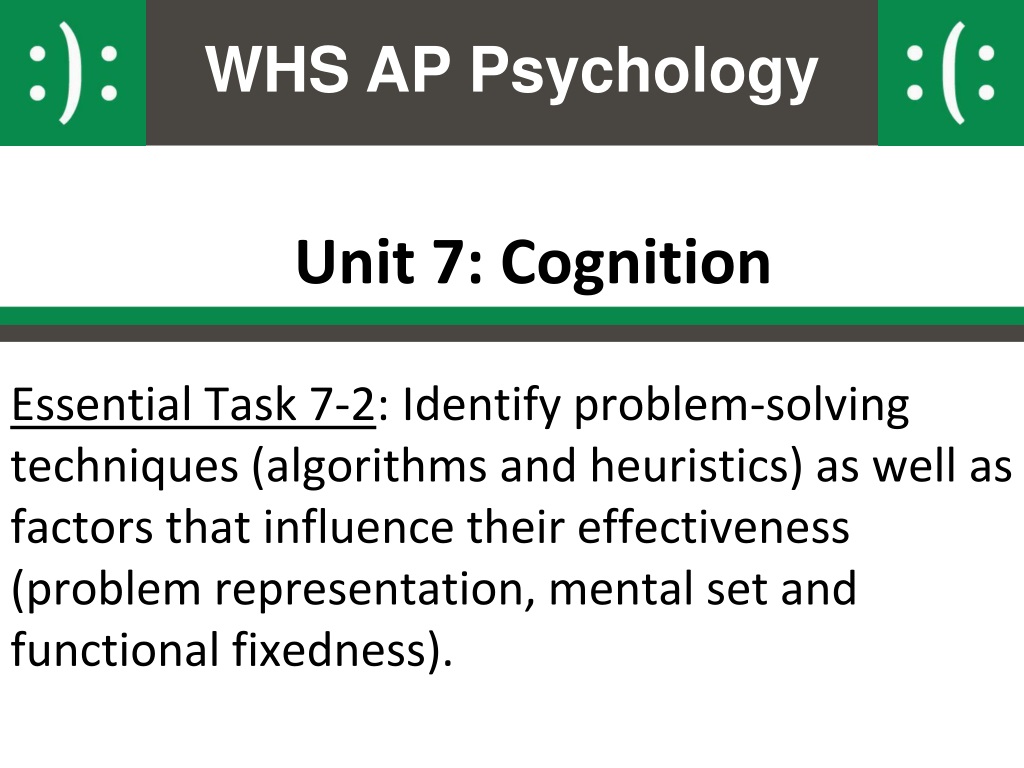 2 Erosion of both the teeth and the esophagus can occur with bulimia accompanied by vomiting, explains Ashley Jacobs, RDN.
2 Erosion of both the teeth and the esophagus can occur with bulimia accompanied by vomiting, explains Ashley Jacobs, RDN.
“The person is very preoccupied with food, weight, and eating,” she says. “She may be so preoccupied with food that it is the only thing on her mind and she can experience social isolation.”
The emotional symptoms of bulimia range from an intense fear of gaining weight and a preoccupation with body image to depression or mood swings and withdrawing socially from family and friends. The person makes frequent visits to the bathroom, especially after meals, and may engage in excessive exercising or extreme physical training. She may feel out of control and guilty or shameful about eating.2
How does Binge-Eating Disorder differ from bulimia and anorexia nervosa?
People with an eating disorder tend to take their concerns with weight to the extreme.1 Bulimia nervosa, anorexia nervosa, and Binge-Eating Disorder are all eating disorders, which are abnormal eating habits that are bad for your health, explains Monica Bearden, RD, LD, CSSD, Consultant in Sports Nutrition at Houston Methodist Willowbrook Hospital in Houston, Texas.
When a person has anorexia nervosa, they think they are fat even though they are very thin and are restricting their eating to the point of starvation. Individuals with bulimia consume excessive amounts of food and then purge. And people with Binge-Eating Disorder have out-of-control eating patterns, but they do not purge.1 With binge eating, the eating is done in secret and it must occur at least once a week for three months, says Ashley Jacobs, RDN. Weight loss is not associated with binge eating the way it is with anorexia nervosa.
How does bulimia affect the body?
Bulimia takes a steep toll on the body. Dehydration is one effect, says Ashley Jacobs, RDN. “The person may become low in potassium, which can cause an irregular heartbeat,” she says.
Bulimia also has an adverse effect on the organs and the heart, says Monica Bearden, RD, LD, CSSD, Consultant in Sports Nutrition at Houston Methodist Willowbrook Hospital in Houston, Texas. “Bulimia is very hard on overall health as it can cause metabolic acidosis,” she explains. "This is a condition where too much acid accumulates in the body.”
"This is a condition where too much acid accumulates in the body.”
From a gastrointestinal standpoint, it can cause bloating, gas, and constipation. It causes damage to the enamel on the teeth. “It really impacts the whole person,” Bearden says. “It causes brain fog, in which a person can’t think straight.”
Many people with bulimia are purging in order to lose weight. But this does not necessarily happen, she says. “Bulimia throws off your hormones and your overall metabolism,” she says. “It slows down your metabolism. And the person does not necessarily lose weight.”
What are familial factors that influence the risk of bulimia?
As with other eating disorders, if someone in your immediate family has an eating disorder, you are at an increased risk for having one yourself, says Ashley Jacobs, RDN: “If a parent is body-conscious and is dieting, or if you see that Mom is purging after meals, that definitely puts you at risk.”
Girls from an abusive family may be at an increased risk for developing bulimia, says Monica Bearden, RD, LD, CSSD, Consultant in Sports Nutrition at Houston Methodist Willowbrook Hospital in Houston, Texas.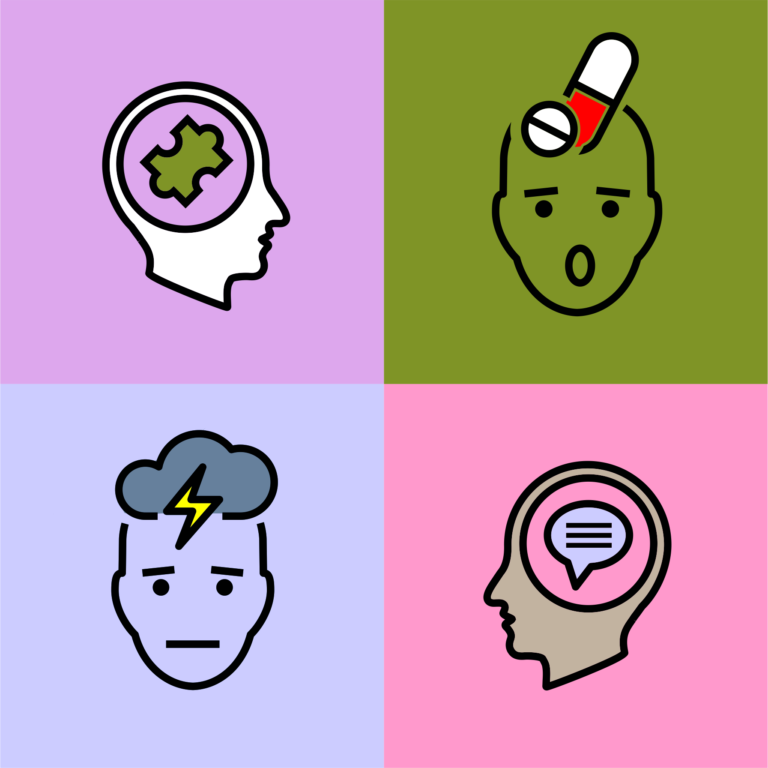 “These girls are often vulnerable and have low self-esteem,” she says. “People’s opinions can have a profound effect on them and if they hear that they need to lose weight, this puts them at risk of developing an eating disorder. I see this often with athletes in weight-dependent sports.”
“These girls are often vulnerable and have low self-esteem,” she says. “People’s opinions can have a profound effect on them and if they hear that they need to lose weight, this puts them at risk of developing an eating disorder. I see this often with athletes in weight-dependent sports.”
What does the eating cycle of bulimia have in common with addictive drugs?
The outcome behaviors are very different, and a different type of personality gravitates toward bulimia versus drug abuse, says Monica Bearden, RD, LD, CSSD, Consultant in Sports Nutrition at Houston Methodist Willowbrook Hospital in Houston, Texas.
“The outcome behaviors do not overlap,” she says. “It is more of an addictive personality trait they share. But the person with bulimia typically gets good grades and is a perfectionist, which is not necessarily the case with someone who abuses drugs.”
People who have a substance use disorder as well as those who live with bulimia may share certain personality traits, Bearden says.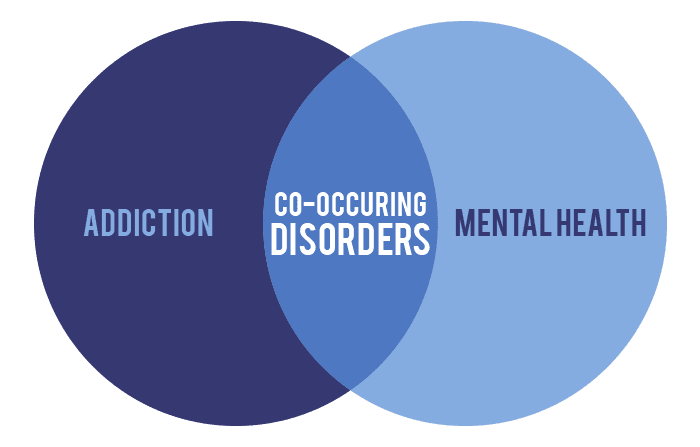 “Both may take things to the extreme,” she says. “However, people with bulimia are typically perfectionists and hard workers. You would not suspect that they had an eating disorder.”
“Both may take things to the extreme,” she says. “However, people with bulimia are typically perfectionists and hard workers. You would not suspect that they had an eating disorder.”
A substance use disorder and bulimia can elicit similar behaviors in an individual who lives with one of these conditions, says Ashley Jacobs, RDN. “These behaviors are being used as a coping skill,” she says. “The person needs to find healthier coping skills, which is why it is important to find a therapist with an expertise in addiction.”
- American Psychological Association. Eating disorders. https://www.apa.org/topics/eating-disorders
- Cleveland Clinic. Bulimia nervosa. https://my.clevelandclinic.org/health/diseases/9795-bulimia-nervosa#symptoms-and-causes
Notes: This article was originally published May 10, 2016 and most recently updated May 20, 2022.
SIGNS OF MENTAL DISORDERS (WHEN TO SEE A DOCTOR)
Signs of mental disorders, and also the frequency of their occurrence is a common question, exciting people in recent years.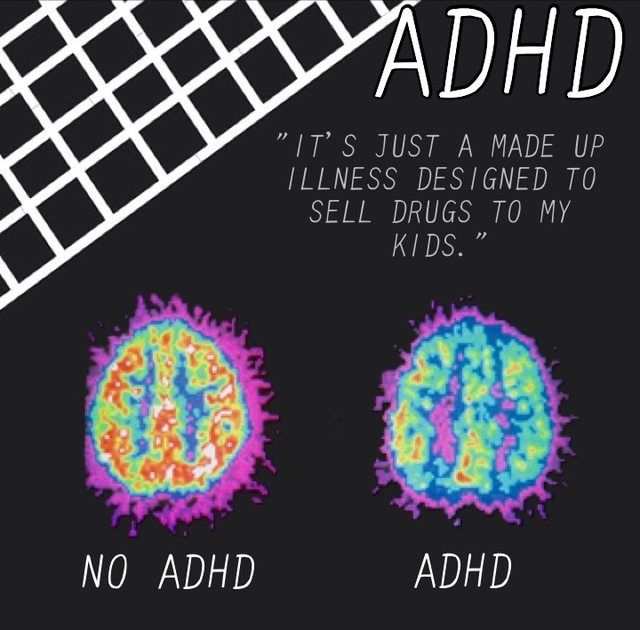 This is especially true in connection with the fact that the pace of life is steadily growing, and the resources of human nervous system remain unchanged. Very often mental violations develop gradually, stepwise, introducing features into the psyche a person who was previously not peculiar to him, respectively, there are good chances to notice them in time and provide proper medical care.
This is especially true in connection with the fact that the pace of life is steadily growing, and the resources of human nervous system remain unchanged. Very often mental violations develop gradually, stepwise, introducing features into the psyche a person who was previously not peculiar to him, respectively, there are good chances to notice them in time and provide proper medical care.
According to the latest data, mental disorders are detected in 25-30% of the population, that is, one in four in the world. However, it is noteworthy that while 75-80% are sick non-psychotic, mild mental disorders. serious mental illnesses such as schizophrenia occur in 6-17% cases. Alcoholism - in 60%.
It must be remembered that mental disorder is not a sentence, because with sufficient and timely treatment by a specialist, as well as a responsible attitude and attention to their condition, the symptoms of mental disorders can be stopped, (and often the disorder itself can be completely cured), which will help to maintain the former social, professional status and quality of life.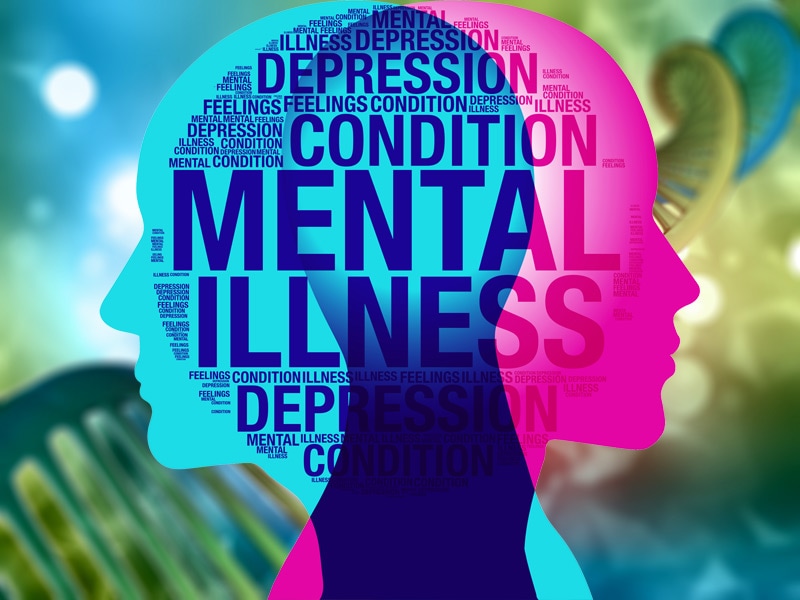
SIGNS
Asthenic syndrome.
This condition may accompany any mental disorders and many of the somatic diseases. Asthenia expressed in weakness, low performance, mood swings, increased sensitivity. A person starts crying easily, instantly gets irritated and loses his temper. Often asthenia is accompanied sleep disturbances, feeling of weakness, increased fatigue, inability to cope with the usual workload, study.
Obsessive states.
A wide range of obsessions includes many manifestations: from constant doubts, unpleasant thoughts, "stuck, spinning in the head", fears with which a person does not able to cope, to an irresistible desire for purity or performing certain unusual actions. Under the control of the obsessive state, a person can return home several times in order to check whether he turned off the iron, gas, water, whether he closed the door with a key. An obsessive fear of an accident can force the patient to perform some rituals that, according to the sufferer, can avert trouble. If you notice that your friend or relative washes his hands for hours, became overly squeamish and is always afraid of getting infected with something - this also obsession. The desire not to step on cracks in the asphalt, joints tiles, avoidance of certain modes of transport or people in clothing a certain color or type is also an obsessive state.
If you notice that your friend or relative washes his hands for hours, became overly squeamish and is always afraid of getting infected with something - this also obsession. The desire not to step on cracks in the asphalt, joints tiles, avoidance of certain modes of transport or people in clothing a certain color or type is also an obsessive state.
Mood changes.
It is especially important to pay attention not to how much for short-term changes under the influence of momentary factors, how much for mood changes that were not previously characteristic a person, long-term, from 2 weeks or more.
- Longing, depression, longing for self-accusations, talk about their own worthlessness, sinfulness, about death, lack of future, hope for the best, etc.
- Unnatural frivolity, carelessness.
- Foolishness, not characteristic of age and character.
- Euphoric state, optimism without any basis.
- Apathy, painful feeling of lack of emotions.
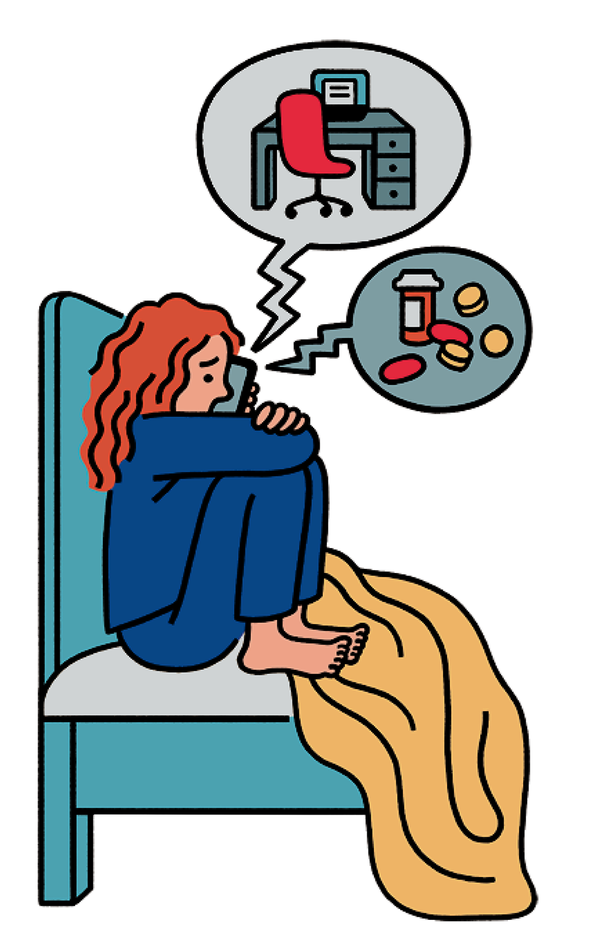
- Fussiness, talkativeness, inability to concentrate, confused thinking.
- Irritability, anger, aggressiveness
- Inability to control emotions, tearfulness, slight breakdowns in conversation natural bashfulness, inability to restrain sexual desires or vice versa, the disappearance of libido, the absence of a morning erection in men
Unusual sensations in the body.
Stinging, burning in the skin, sensations burning, “twisting” pressure in the body, stirring “something inside”, "rustling in the head", the presence of foreign objects in the body - can signal disturbances in the nervous system.
Hypochondria.
Expressed in an obsessive, obsessive search for themselves of serious illnesses and disorders, painful "listening" to the slightest change in the state of your body. At the same time, the patient often does not trust doctors, requires repeated and deeper research, completely focused on finding difficult diseases, requires to be treated as a patient.
Appetite disorders.
It is important to note how sudden increased appetite - "wolfish appetite", and its sharp decrease and perversion of taste preferences. The reason may be as in the disease gastrointestinal tract, and in the general depression of the state, or painful conviction of excessive fullness in its absence. Also it is important if previously tasty food has lost its taste, has become bland, tasteless, "like cardboard."
Illusions
Do not confuse illusions with hallucinations. Illusions force a person to perceive real objects and phenomena in distorted form, while in hallucinations a person feels something that in reality does not exist.
Examples of illusions:
- the pattern on the wallpaper seems to be an interweaving of snakes or worms;
- sizes of objects are perceived in a distorted form;
- the sound of raindrops on the windowsill seems to be the cautious steps of someone terrible;
- the shadows of the trees turn into terrible creatures crawling up with frightening intentions, etc.
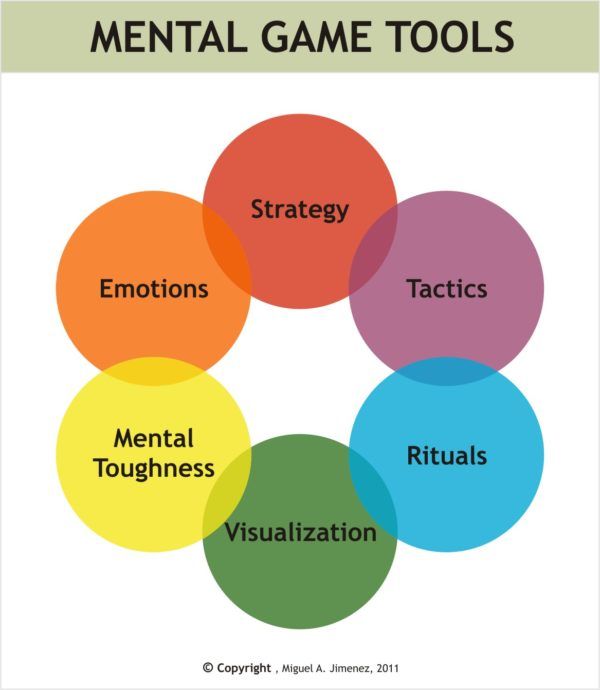
Hallucinations not guess, then susceptibility to hallucinations can manifest itself more noticeable. Hallucinations can affect all the senses, that is be visual and auditory, tactile and gustatory, olfactory and common, as well as combined in any combination. To the sick all he is sees, hears and feels, seems completely real. He may not believe that all this is not felt, not heard, not seen by others. Them he can perceive bewilderment as a conspiracy, deceit, mockery, get irritated at not being understood.
- Auditory hallucinations human hears various kinds of noise, fragments of words or coherent phrases. Voices can give commands or comment on every action of the patient, laugh at him or discuss his thoughts.
- Taste and olfactory hallucinations often cause a sensation of an unpleasant quality: a disgusting taste or smell.
- For tactile hallucinations, the patient it seems that someone is biting him, touching him, strangling him, that they are crawling on him insects that some creatures are introduced into his body and there move or eat the body from the inside.

- Outwardly subject to hallucinations expressed in conversations with an invisible interlocutor, sudden laughter or constant intense listening to something. The patient can always to shake off something, to cry out, to examine oneself with preoccupied look or ask others if they see something on his body or in the surrounding space.
Changes in thinking
Previously uncharacteristic overestimation own abilities or abilities, confidence in one's own exclusivity, passion for esotericism, magic, suddenly appeared belief in the supernatural. The rate at which thoughts flow in the head can also change, or become uncomfortably slow, or so fast that sometimes it is very difficult to concentrate on one thought.
Delusional thoughts.
Delusional states often accompany psychoses. Delusion is based on erroneous judgments, and the patient stubbornly maintains its false belief, even if there are obvious contradictions with reality. Crazy ideas acquire significance that determines everything behavior. Delusional disorders can be expressed in an erotic form, or in the conviction of one's great mission, in descent from a noble kind or aliens. It may seem to the patient that someone is trying to kill or poison, rob or kidnap. Sometimes the development of delusional state is preceded by a feeling of unreality of the surrounding world or own personality.
Crazy ideas acquire significance that determines everything behavior. Delusional disorders can be expressed in an erotic form, or in the conviction of one's great mission, in descent from a noble kind or aliens. It may seem to the patient that someone is trying to kill or poison, rob or kidnap. Sometimes the development of delusional state is preceded by a feeling of unreality of the surrounding world or own personality.
Desocialization.
There are people who are unsociable and unsociable in strength of his character. This is normal and should not arouse suspicion. mental disorders. But if a born merry fellow, the soul company, a family man and a good friend suddenly begins to destroy social connections, becomes unsociable, shows coldness towards those who have recently was dear to him - this is a reason to worry about his mental health. A person becomes sloppy, stops taking care of himself, maybe quit your job for no good reason, abandon your career, former goals and interests, in society can begin to behave shockingly - commit acts that are considered indecent and unacceptable.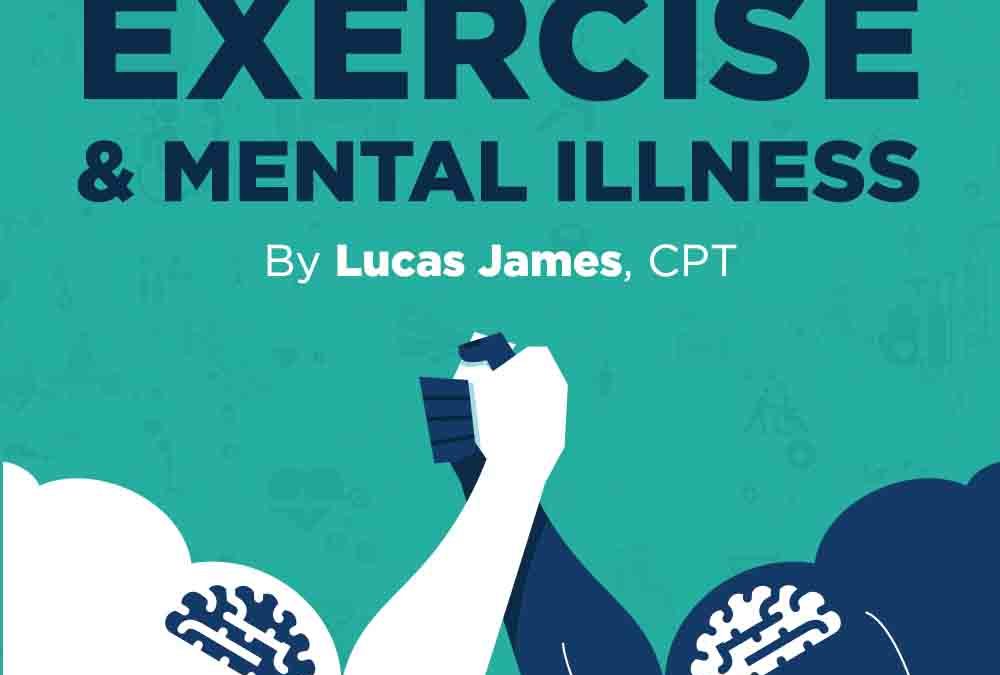
Gathering or excessive generosity
Yes, any collector can be suspicion. Especially in cases where the gathering becomes obsession, subjugates the whole life of a person. It may expressed in the desire to drag into the house things found in the garbage, hoarding products without paying attention to expiration dates, or pick up stray animals in numbers that exceed the ability provide them with proper care and maintenance.
Desire to distribute all one's property, excessive spending can also be regarded as suspicious symptom. Especially in the case when a person was not different before generosity or altruism. Particular attention should be paid to this a condition, especially when a person begins to unexpectedly actively attend banks and make loans.
Personality disorder test
- Tests
- types
- articles
- News
- Members
- Search
This test is also available in these languages:
This 105-question Personality Disorder Test will tell you what your personality traits are.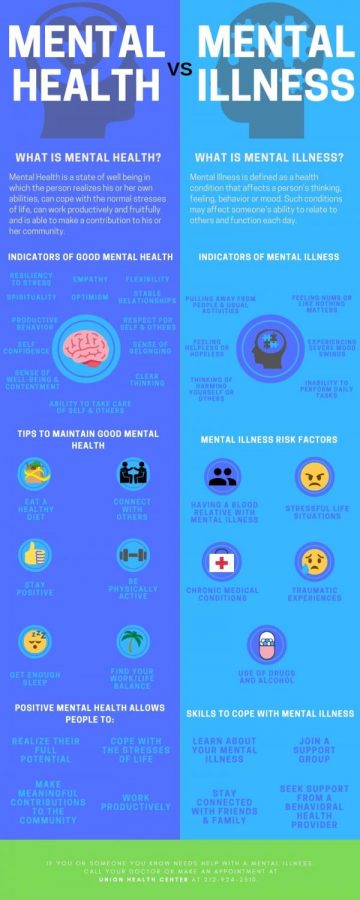 This test provides more dynamic and detailed information about your personal qualities than the Jung test or the Big Five test.
This test provides more dynamic and detailed information about your personal qualities than the Jung test or the Big Five test.
While taking this test, it is normal to feel that many of the aspects presented describe your personality. However, for best results, DO NOT click Agree if the statement only partially describes your behavior or character. If you are in doubt, please click "I disagree".
Question 1 of 105
I'm planning many more events and projects than I can physically handle - even though a moon base is a good idea!
I agree I disagree
PROCEED BACK
Advertisement
The Personality Disorder Test is the property of IDR Labs International, but pays homage to the work of Theodore Millon, Seth Grossman, Aaron T. Beck, Arthur Freeman, and Nancy McWilliams.
Beck, Arthur Freeman, and Nancy McWilliams.
This test helps to identify a possible mental disorder in your personality, however, it is worth noting that the results of the test do not necessarily correspond to real clinical studies conducted by registered medical professionals with the personal presence of the respondent, numerous conversations with the respondent and the presence of his or her personal and family data , in particular.
Accordingly, please note that this test provides information about personality types for educational purposes only. The information is provided "as is" and should not be construed as the provision of professional services or warranties of any kind. The Company is under no obligation to provide legal, medical, financial or any other professional services. If you need qualified assistance, please contact the relevant institutions.
Personality Disorder Test© is the property of IDR Labs International. To find out more, please see our Terms of Service.
